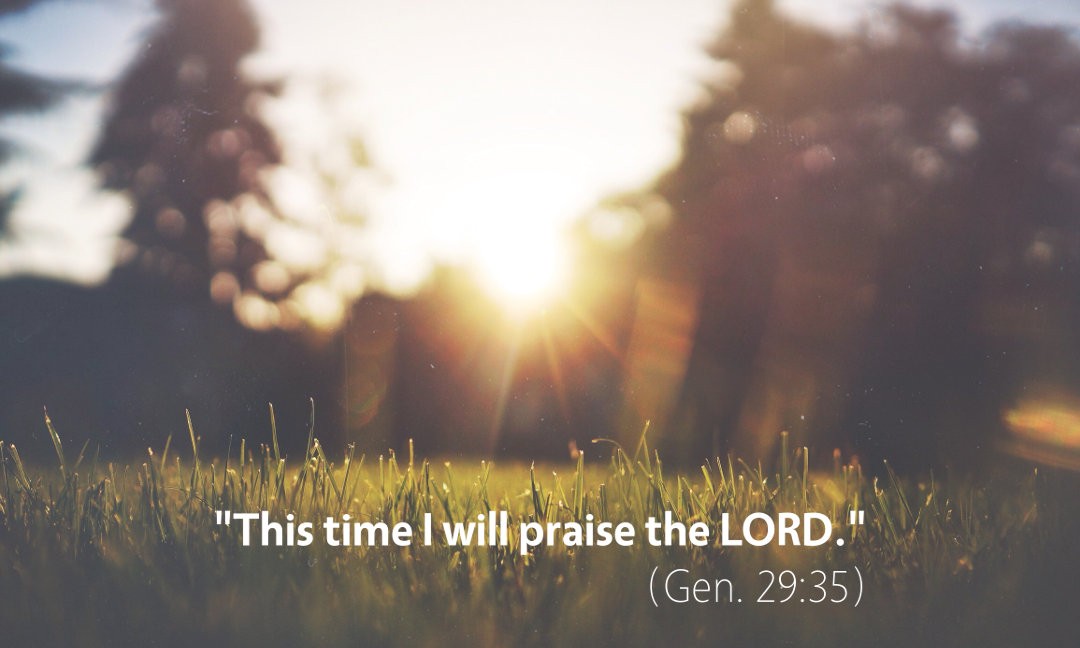Bible Readings for January 28th
Genesis 29 | Matthew 28 | Esther 5 | Acts 28
As we discussed during the meditation for Genesis 24, it is a running theme in Scripture for God’s people to meet their future spouses at wells. Abraham’s servant met Isaac’s wife-to-be, Rebekah, at a well, and now Jacob meets his future wife Rachel at a well.
But after Jacob serves Rachel’s father, Laban, for seven years in order to marry Rachel, Laban gives Rachel’s older sister, Leah, to Jacob in marriage. Jacob, the younger brother who had shamelessly tricked his older brother and deceived his father to get what he wanted, is now furious that Laban would give him the older daughter before the younger. Laban sins against Jacob, but there is no doubt that God is providentially bringing Jacob’s own sins back around to him. As Allen Ross writes, “even though God’s people may experience God’s blessing on their endeavors, God will effectively discipline them by making them painfully aware of their unresolved sins.”1
Then, when Jacob finally receives Rachel as his bride, he finds out that she is barren—just like Jacob’s mother, Rebekah, had been (Gen. 25:21), and just like Jacob’s grandmother Sarah had been (Gen. 11:30). Once again, God calls a barren woman to play a role in bringing forth offspring to make Abraham’s family into a great nation.
And once again, there is strife in the family of the patriarch. Sarah and Hagar had despised each other (Gen. 16:4–6), and now Leah and Rachel are locked in a struggle for Jacob’s affections and for his offspring. We will see more of Rachel’s envy tomorrow (Gen. 30:1), but the focus for today falls on Leah’s envy of Jacob’s love for her sister.
The hope of Genesis 29 is that even though Jacob may not have loved Leah, Yahweh certainly did. Through Leah’s son Levi, Yahweh called forth the priests who would minister to him, and through Leah’s son Judah, Yahweh brought forward the direct ancestor of Jesus.
Yahweh never loses sight of his ultimate purpose—to bring his only Son into this world to destroy sin, death, and the devil forever—but he also never loses sight of the people he pulls into his story along the way. No one is treated as a prop or a puppet, but as a creature made in God’s own image, worthy of dignity and respect.
And even today, as God’s plan marches toward eternity, he still cares. He still shows tender compassion to those who are most worn down by the hurtfulness of this world. If you are tired and discouraged by this life’s harshness, remember Leah, who eventually came to terms with her lot in life, so that she stopped naming her sons in such a way as to plead for her husband’s love, but with her final son, she simply named him Judah, saying, “This time I will praise the LORD” (Gen. 29:35).
1 Allen P. Ross, Creation and Blessing: A Guide to the Study and Exposition of Genesis (Grand Rapids: Baker Academic, 1996), 503.
Podcast: Play in new window | Download (4.8MB) | Embed
Subscribe: Apple Podcasts | RSS | More

Scripture quotations are from The Holy Bible, English Standard Version copyright © 2001 by Crossway Bibles, a division of Good News Publishers. Used by permission. All rights reserved.


